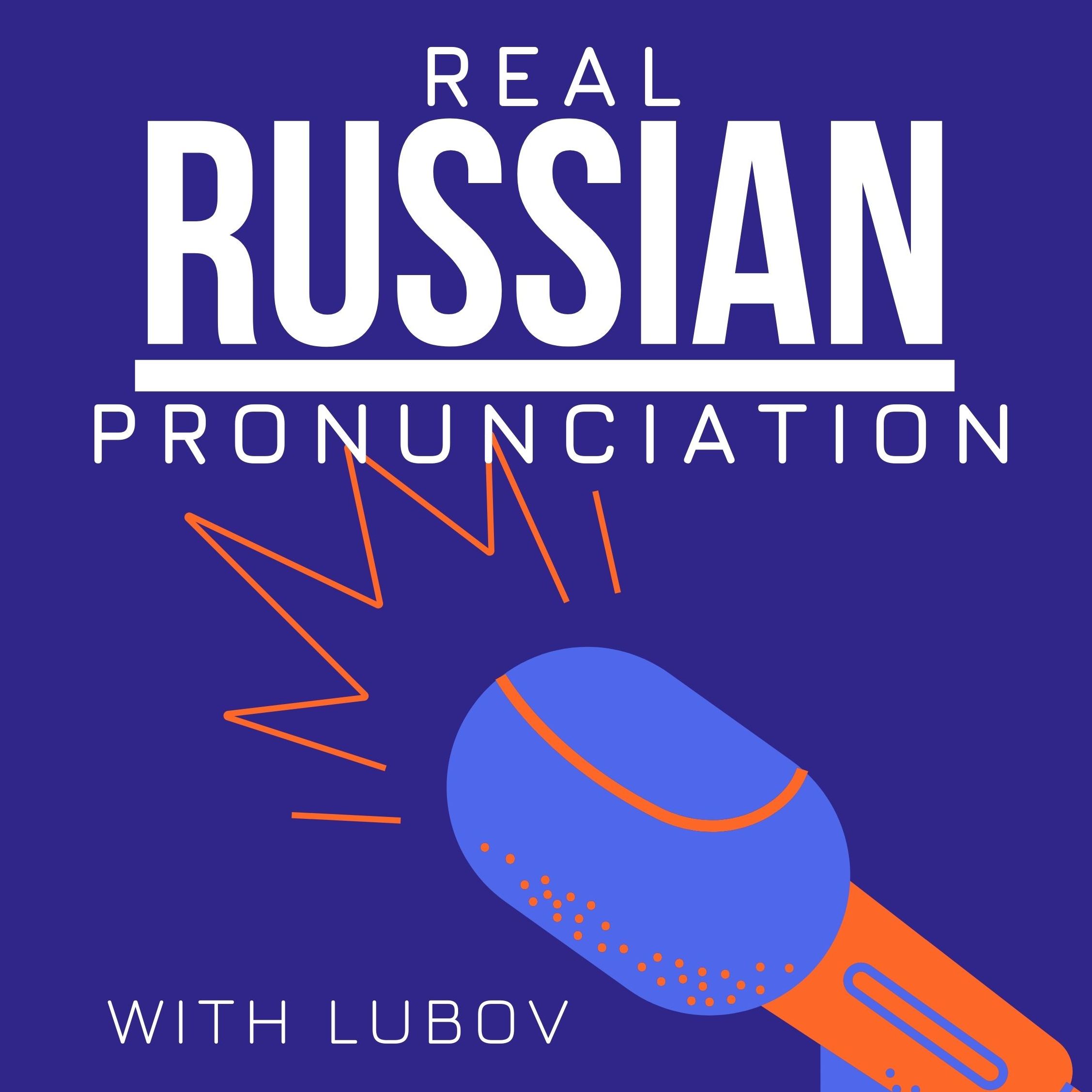
Aunque vs. Even Though: El Subjuntivo y las Cláusulas Concesivas en Inglés y Español
Description
Understanding Concessive Clauses in Spanish and English
In Spanish, the mood (indicative or subjunctive) in concessive clauses depends on whether the action is factual, non-factual, or counterfactual. For example, the conjunction "aunque" (although) can be used with both indicative and subjunctive moods depending on the context.
Example in Spanish:
Indicative: "Vendré aunque no tengo ganas." (I will come even though I don't feel like it.)
Subjunctive: "Vendré aunque no tenga ganas." (I will come even if I don't feel like it.)
In English, concessive clauses typically use the indicative mood. The conjunctions "although," "even though," and "though" are commonly used, and they don't change the mood of the verb.
Example in English:
"Although he doesn't want to, he will come."
"Even though she is tired, she will finish the work."
So, while Spanish requires a choice between indicative and subjunctive based on the nature of the action, English consistently uses the indicative mood in concessive clauses.
Podcast Channel
Taming the Spanish Verb: The Macondo Man
Author
All episodes

HSK1

Vol. 90 セイさんの関西旅行

3.ナポリタン【First Love 初恋】from Netflix

DOÑA ROSITA LA SOLTERA

How To Pronounce All 50 US States In Russian? Listen and Repeat.

کشورهای شاد / The happiest countries

Dans la peau d'un étudiant parisien

#249 Kindle Unlimitedで日本語の名詞の本を作ってみました!について!
Popular episodes

Super HSK
HSK1

SAMURAI BROADCAST 侍放送
Vol. 90 セイさんの関西旅行

北海道へようこそ【First Love 初恋】from Netflix
3.ナポリタン【First Love 初恋】from Netflix

POEMAS DE FEDERICO GARCÍA-LORCA
DOÑA ROSITA LA SOLTERA

Russian Pronunciation wilth Lubov
How To Pronounce All 50 US States In Russian? Listen and Repeat.

خبرهای کوتاه جهان به فارسی / Short World news in Persian
کشورهای شاد / The happiest countries

Douce France
Dans la peau d'un étudiant parisien

Atsushi のJapanese podcast (travel/news /文法・漢字・語彙/Osaka/Hokkaido/🇹🇷🇬🇪🇦🇲🇪🇸🇵🇹)
#249 Kindle Unlimitedで日本語の名詞の本を作ってみました!について!